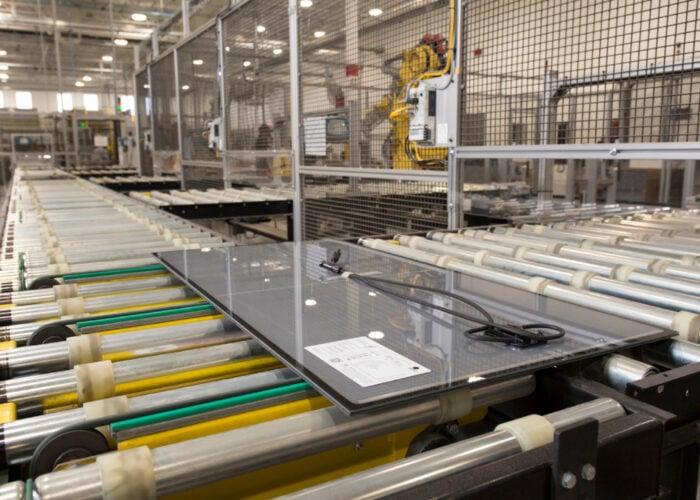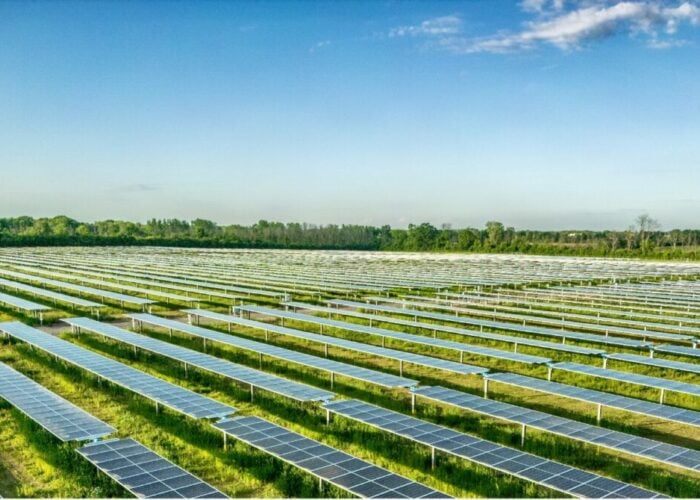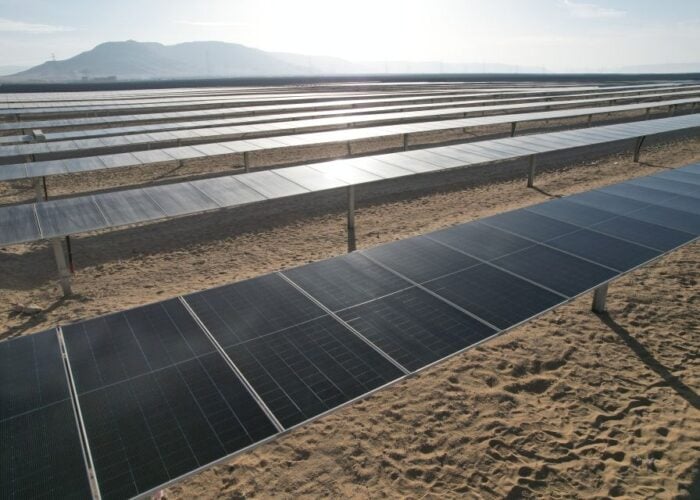MEPs representing all of the major groups in the European Parliament have called in the European Commission to end trade restrictions on Chinese solar products.
There are currently anti-dumping and anti-subsidy duties applied on cells and modules from China unless the manufacturer in question agrees to and respects a minimum import price (MIP) and an annual quota.
Try Premium for just $1
- Full premium access for the first month at only $1
- Converts to an annual rate after 30 days unless cancelled
- Cancel anytime during the trial period
Premium Benefits
- Expert industry analysis and interviews
- Digital access to PV Tech Power journal
- Exclusive event discounts
Or get the full Premium subscription right away
Or continue reading this article for free
Swedish MEP Christofer Fjellner, of the centre-right European People’s Party group, organised the letter.
“Free trade and the environment go hand in hand,” he said. “With the EU's very ambitious climate targets, EU trade policy should do everything it can to help reach those goals. But by restricting free trade and imposing a high minimum import price on solar panels, we are making it more difficult for ordinary citizens and businesses to do their part in reducing carbon emissions. That's why I hope the commission will keep its promise to abolish anti-dumping duties and the minimum import price in December.”
The trade tariffs began in December 2013 for a two-year period. The commission is currently investigating whether to extend the duties or to end them. It is assumed that the price undertaking agreement, and with it the MIP, that was negotiated by the commission and the Chinese government would remain in place if duties are extended.
The letter argues that by removing the MIP and other restrictions, solar deployment, and the number of associated jobs in Europe, would both increase.
The letter, signed by 14 MEPs argues that all parts of the solar value chain, including manufacturing will benefit from the removal of the trade defence measures. They were imposed after the Commission found evidence of unfair subsidies and dumping practices among Chinese importers.






